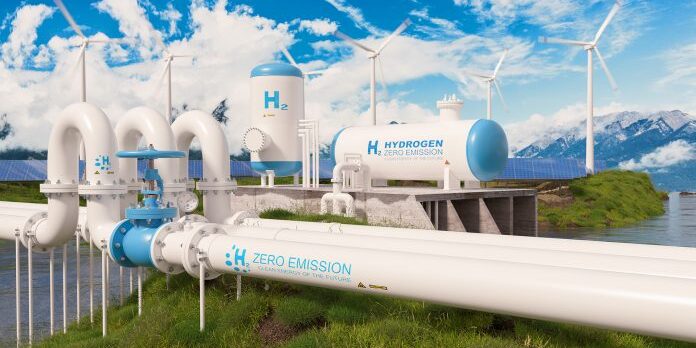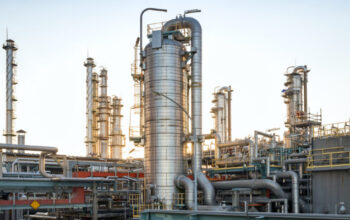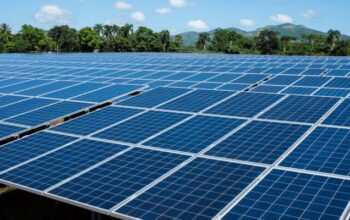By 2035, Africa has the potential to produce 50 million tons of competitively priced green hydrogen, with expected global demand for green hydrogen reaching 607 million tons by 2050. In comparison, Africa’s demand for green hydrogen and its derivatives is expected to be between 10 million and 18 million tons a year by 2050, with a production potential exceeding that.
Prasad emphasizes that Africa can export between 20 million and 40 million tons of green hydrogen per year by 2050, after meeting its internal demand. The cost of producing green hydrogen is estimated to be around $2.50/kg by 2030, potentially trending lower to between $1/kg and $2/kg by 2050.
The future energy mix is expected to include blue hydrogen, with 31% derived from blue processes and 69% from green processes. Grey hydrogen would no longer be part of the energy mix.
An International Energy Agency study from 2022 estimates that Africa could produce green hydrogen at a cost of between $1.50/kg and $2.70/kg, requiring an investment of between $450 billion and $900 billion by 2050.
Prasad highlights that tapping into Africa’s renewable and hydrogen potential not only addresses social and development challenges in the continent but also presents a strong business case.
Africa, despite having 17% of the world’s population and 20% of its arable land, produces only 4% of global greenhouse gases (GHGs). African countries are vulnerable to climate change, even though they are not major contributors to GHGs.
One key to unlocking the potential of green hydrogen is ensuring the legal ease of securing land, as there are vast tracts of land available.
Prasad also mentions the significant green hydrogen production potential in West Africa, with a potential levelized cost of electricity between €0.21/kWh and €0.5/kWh. A coastal pipeline from Nigeria to Morocco could transport hydrogen along the west coast, potentially changing the social and political dynamics of the region.
However, it’s noted that while all 16 countries of the Economic Community of West African States have energy and renewable energy policies, none of them have holistic hydrogen strategies, and only three—Côte d’Ivoire, Guinea, and Mali—have undertaken some hydrogen initiatives.
Prasad emphasizes the importance of West African states moving toward developing hydrogen policies.
Additionally, Prasad points out that countries heavily dependent on fossil fuels for over 50% of their GDP are especially vulnerable to global shifts. While these countries can continue to sell fossil fuels, they must also consider long-term sustainability by exploring decarbonization and low-carbon energy options and investing in renewables. This is essential not only for governments but also for fossil fuel operators like Conex, as long-term survival is at stake.
![]()




